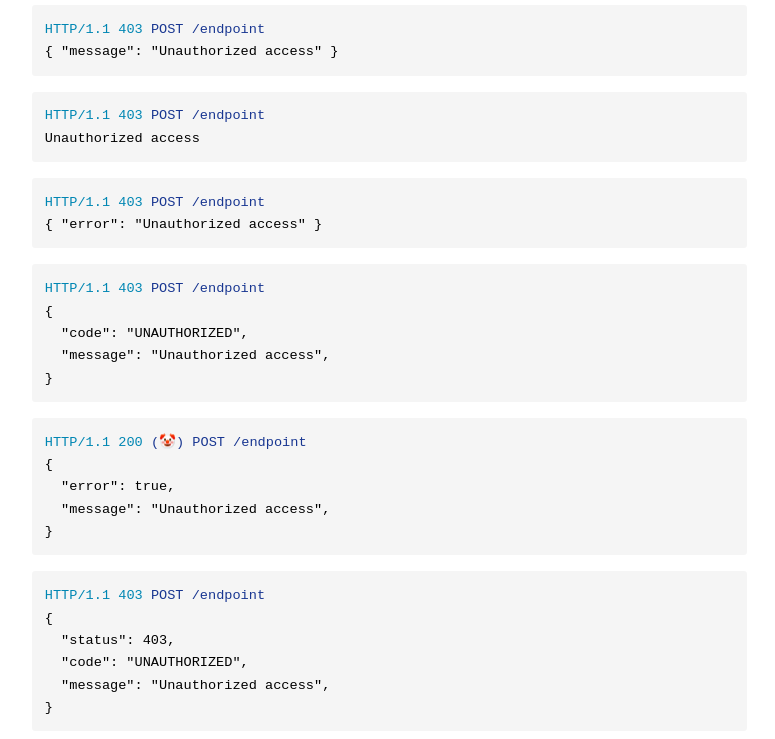this post was submitted on 30 Aug 2024
125 points (99.2% liked)
Programming
18348 readers
194 users here now
Welcome to the main community in programming.dev! Feel free to post anything relating to programming here!
Cross posting is strongly encouraged in the instance. If you feel your post or another person's post makes sense in another community cross post into it.
Hope you enjoy the instance!
Rules
Rules
- Follow the programming.dev instance rules
- Keep content related to programming in some way
- If you're posting long videos try to add in some form of tldr for those who don't want to watch videos
Wormhole
Follow the wormhole through a path of communities [email protected]
founded 2 years ago
MODERATORS
you are viewing a single comment's thread
view the rest of the comments
view the rest of the comments


There are competing interests here: normal consumers and script kiddies. If I build an API that follows good design, RFCs, pretty specs, all of that, my normal users have a very good time. Since script kiddies brute force off examples from those areas, so do they. If I return 200s for everything without a response body unless authenticated and doing something legit, I can defeat a huge majority of script kiddies (really leaving denial of service). When I worked in video games and healthcare, this was a very good idea to do because an educated API consumer and a sufficiently advanced attacker both have no trouble while the very small amount of gate keeping locks out a ton of annoying traffic. Outside of these high traffic domains, normal design is usually fine unless you catch someone’s attention.
Security through obscurity isn't security.
That’s true! It also seems like you might not have experience dealing with attacks at scale? Defense in depth involves using everything. If I can reduce incoming junk traffic by 80% by masking returns, I have achieved quite a lot for very little. Don’t forget the A in the CIA triad.